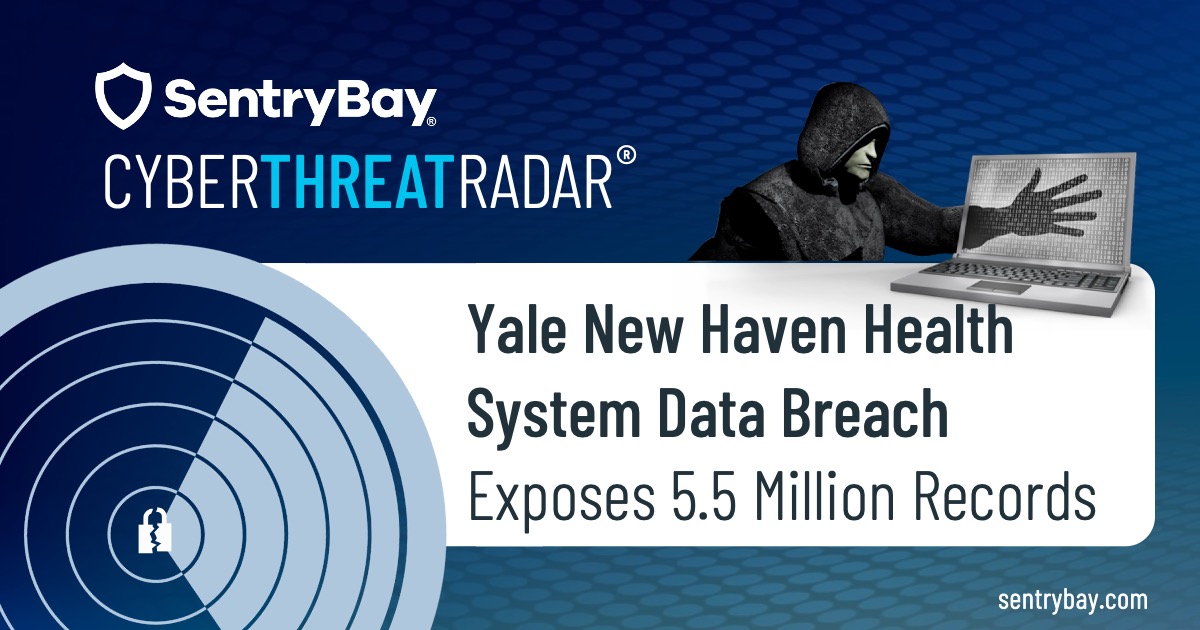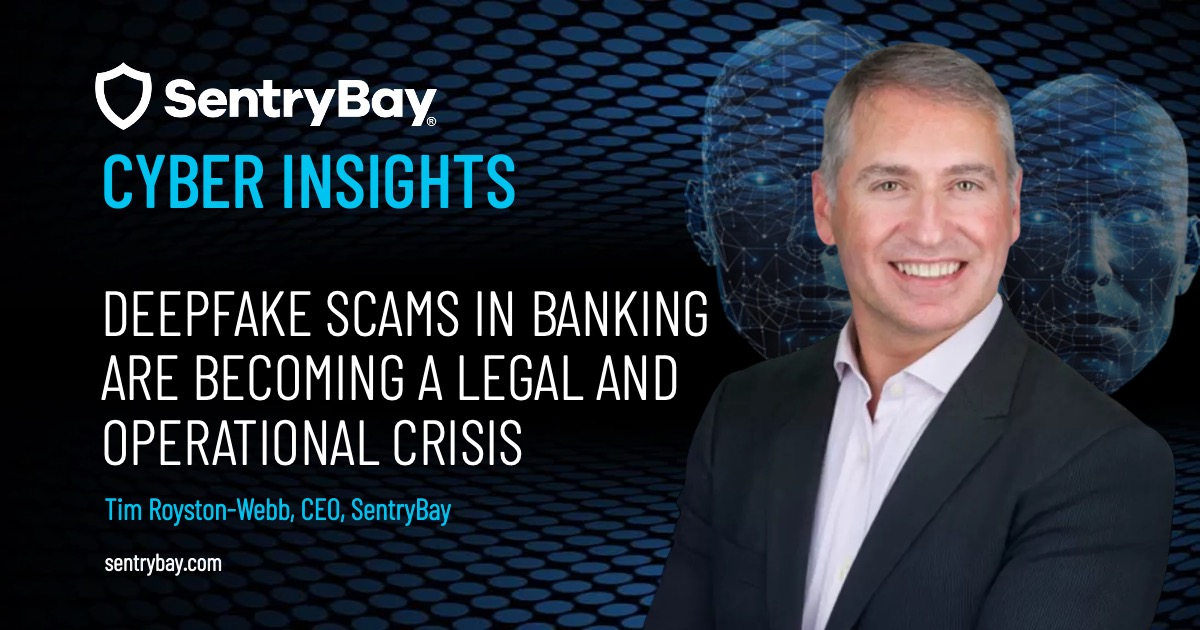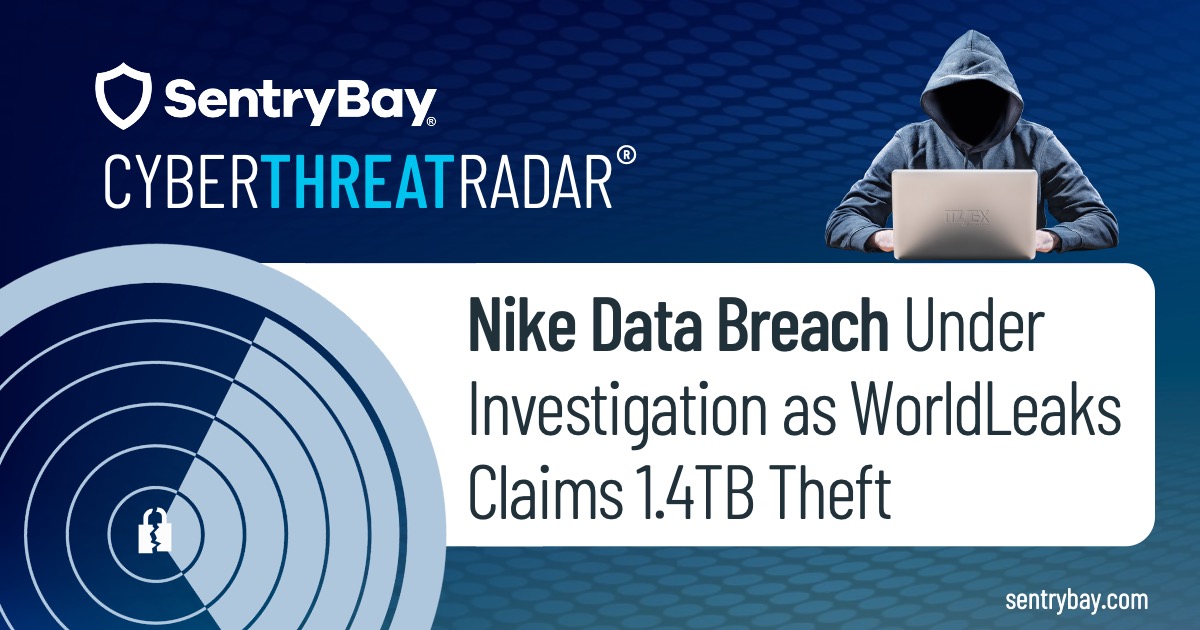
Cyber Threat Radar – In what is now the largest healthcare data breach reported in 2025, Yale New Haven Health System (YNHHS) has confirmed that more than 5.5 million individuals have had their sensitive personal data compromised.
The incident has sent shockwaves through the healthcare sector, as organizations grapple with a persistent threat: attackers are no longer brute-forcing their way into networks—they’re stealing credentials directly from endpoints using keylogging and screen capture malware.
This breach underscores the urgent need for real-time endpoint threat prevention, particularly in healthcare environments where legacy infrastructure, fragmented systems, and high-value data create the perfect conditions for compromise.
What Happened: Details Behind the YNHHS Data Breach
On March 8, 2025, YNHHS detected unusual activity within its IT systems. Immediate containment measures were implemented, followed by a full-scale investigation with the support of external cybersecurity experts. According to the health system, a third-party actor gained unauthorized access to internal systems and exfiltrated sensitive data on the same day.
Although YNHHS emphasized that patient care was not impacted, the scope of the data breach—affecting 5,556,702 individuals—positions this event as a critical national incident. The breach has been formally reported to the U.S. Department of Health and Human Services’ Office for Civil Rights.
What Information Was Exposed?
While medical treatment data and financial account details were reportedly not affected, the compromised data includes:
- Full names, dates of birth, addresses, phone numbers, email addresses
- Race or ethnicity
- Social Security numbers (SSNs)
- Patient type and medical record numbers
Given the nature of this data, the risk for identity theft, insurance fraud, and targeted phishing campaigns is high—particularly for those whose SSNs were exposed.
YNHHS has since begun notifying affected individuals and is offering complimentary credit monitoring and identity protection services.
Healthcare’s Growing Vulnerability to Endpoint Attacks
YNHHS joins a growing list of healthcare organizations falling victim to sophisticated cyberattacks in recent years. In 2023, CharterCARE—Rhode Island’s third-largest hospital group—suffered a ransomware attack. More than 600,000 Rhode Islanders have been impacted by similar incidents in just the past year.
These breaches are rarely isolated, and they almost always involve endpoint compromise as an early access vector. Malware designed to capture keystrokes and screen content can silently infiltrate systems, steal credentials, and grant attackers persistent access without tripping traditional perimeter defenses.
How Attackers Are Really Getting In
It’s critical to understand that the vast majority of modern breaches begin at the endpoint. Attackers no longer need to break down doors—they simply log in using stolen credentials. The tools of choice for these operations: Keyloggers and Screen Capture Malware. These silent threats are embedded in phishing payloads or infected applications, operating at the OS level to:
- Record every keystroke (capturing usernames, passwords, and patient IDs)
- Snap screenshots of sensitive data, including medical portals and scheduling tools
- Extract authentication tokens and session cookies to bypass MFA
- Remain undetected by traditional antivirus or EDR tools
SentryBay’s Armored Client: Proven Defense for Healthcare Environments
To combat threats like those used in the Yale New Haven Health System data breach, forward-thinking healthcare systems are turning to SentryBay’s Armored Client—a proactive endpoint threat prevention solution designed to neutralize keylogging and screen capture attacks at the source.
Core Protection Capabilities:
- Anti-Keylogging: Randomizes keystroke data at the OS level, neutralizing credential theft.
- Anti-Screen Capture: Blocks unauthorized applications from capturing screen content.
- Selective Screen Sharing: Supports legitimate medical workflows while blocking covert surveillance tools.
- Real-Time Enforcement: Delivers always-on protection—before data is exfiltrated.
Compatible With:
- IGEL OS-powered endpoints
- Microsoft Azure Virtual Desktop (AVD) and Windows 365 environments
Endpoint Security Must Be the First Line of Defense
“The Yale New Haven Health System data breach is a stark reminder that when endpoint security is neglected, patient trust and data integrity are at risk,” said Tim Royston-Webb, CEO, SentryBay. “Threat actors are no longer brute-forcing their way in—they’re capturing credentials and screen content directly from compromised endpoints. That’s why SentryBay’s Armored Client is engineered for enforcement, not just detection. We stop keyloggers and screen capture threats in real time—before attackers can weaponize what they steal.”
YNHHS Data Breach Is a Healthcare Security Wake-Up Call
The Yale New Haven Health System data breach is not just another healthcare incident—it is a defining moment in the battle for medical data security. With over 5.5 million individuals affected, it exposes just how vulnerable even the most established health systems can be without robust endpoint protection.
For the healthcare sector, the message is clear:
- Endpoint protection is no longer optional—it is foundational.
- Prevent keylogging. Block screen capture. Protect credentials before they’re stolen.
Deploy SentryBay’s Armored Client and secure your organization against the next breach—before it happens.



